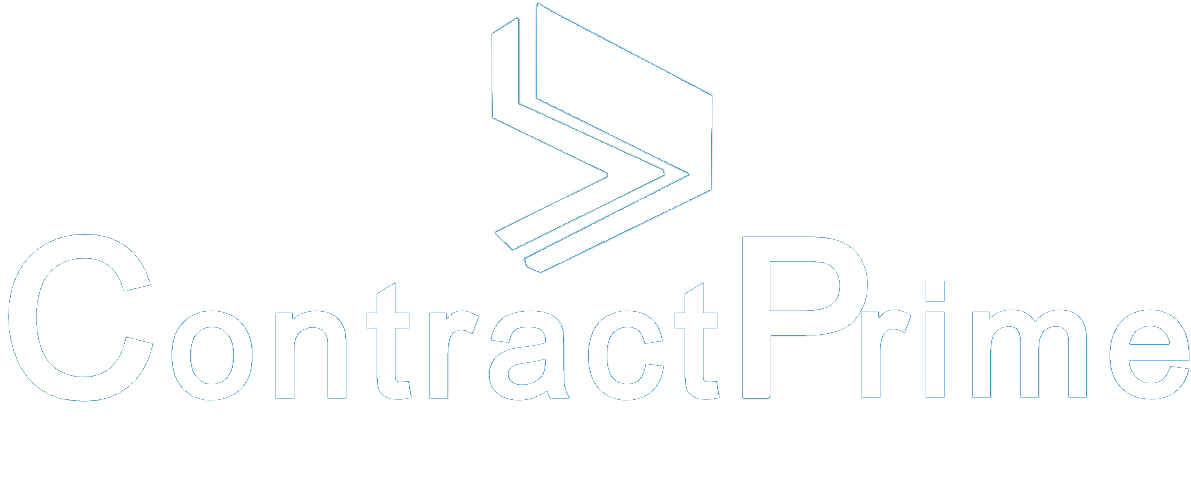What is Procurement Contract
Discover the hidden complexities behind smooth and profitable supply chains, where efficient management of procurement contracts holds the key to organizational success. Although seemingly simple, procurement contracts are the backbone of fruitful relationships between parties, ensuring interests are safeguarded and misunderstandings are averted.

Written by Knowledge Team, posted on July 21, 2023
Unlocking Business Potential: From Profit Optimization to Regulatory Compliance and Enhanced Vendor Collaboration – The Significance of Procurement Contracts
The Importance of Procurement Contracts
A procurement contract, also known as a purchasing agreement, serves as a crucial document that outlines the terms and conditions of an agreement between a buyer and seller. This legally binding contract ensures that both parties understand their rights and responsibilities, including the volume, quality of goods, delivery schedule, and payment requirements.

Key Challenges in Procurement Contract Management
Managing procurement contracts can be intricate, involving numerous challenges that organizations face.
- Increased Risk Exposure: Procurement contracts often entail collaboration with multiple vendors and suppliers, making it challenging to assess and manage associated risks effectively.
- Lengthy Approval Processes: Manual approval processes can be lengthy, leading to delays in contract execution and hindering timely procurement of goods and services.
- Version Control Issues: When multiple stakeholders collaborate on contracts, version control problems may arise, resulting in confusion and errors.
- Compliance and Regulatory Concerns: Ensuring compliance with various regulations and internal policies is crucial but can be time-consuming without proper contract management tools.
- Lack of Visibility: Poor visibility into contract data can hinder decision-making and prevent organizations from capitalizing on beneficial opportunities.
Why Procurement Contracts Are Critical
General counsel formulates procurement contract guidelines, which are closely monitored by the governance team due to their paramount importance in enhancing organizational profitability.

Building Mutually Beneficial Relationships
Procurement contracts foster strong relationships between buyers and sellers by providing clarity and assurance, preventing misunderstandings and confusion. By establishing well-defined terms, these contracts protect the interests of both parties and cultivate trust for future collaborations.
Managing Risk with Third-Party Involvement
Procurement contracts often involve third-party vendors, making them riskier than standard commercial contracts. These agreements enable businesses to optimize resources by outsourcing processes to cost-effective and capable vendors. The contract ensures that all parties fulfill their obligations, ensuring timely product or service delivery and on-time payment.
Role of In-House Legal Teams
In-house legal teams and general counsels play a vital role in the procurement process. They review, negotiate, and execute procurement contracts, ensuring that all necessary details are covered to protect the organization’s interests and achieve a beneficial outcome.
Third-Party Risk Management (TPRM)
Third-Party Risk Management (TPRM) is a dedicated area within enterprises tasked with evaluating risks associated with vendors before contract execution. By identifying warning signs, the legal teams can adeptly negotiate appropriate clauses to safeguard the organization from potential financial, legal, and reputational risks.
A Tailored Solution for Procurement Contract Management
ContracPrime offers a comprehensive contract management solution specifically designed to tackle the challenges of managing procurement contracts.

Centralized Contract Repository
Centralized contract repository, ensures easy access to all procurement contracts and associated documents. Running on SharePoint and Microsoft 365 the repository offers full legal document management solution to eliminate version control issues and allows stakeholders to collaborate seamlessly in a secure and organized environment.
Automated Approval Workflows
Organizations can automate contract approval workflows, reducing the time it takes to finalize agreements. This accelerated process ensures timely procurement and fosters efficient supplier relationships.
Risk Management and Compliance
Compliance module enables organizations to assess third-party risks and ensure compliance with regulatory requirements. By identifying potential risks, organizations can proactively add necessary clauses to mitigate exposures.
Contract Intelligence and Analytics
The solution’s contract intelligence capabilities help organizations extract valuable insights from their procurement contracts. These insights provide data-driven decision-making and improve negotiation strategies.
Alerts and Reminders
Automated alerts and reminders for critical contract events, such as renewal dates, expirations, or price adjustments. This feature ensures that organizations never miss crucial deadlines, avoiding costly lapses in contracts.
Types of Procurement Contracts

Fixed-Price Contracts
Both parties agree upon a set price for the product or service. While this offers cost certainty, both the vendor and buyer need to have a clear understanding of the project scope to avoid over- or underestimation.
Types of Fixed-Price Contracts
- Firm Fixed Price (FFP): Seller delivers the service or product within a specified time and at an agreed-upon price.
- Fixed Price Incentive Fee (FPIF): Seller may receive additional incentives for excellent performance.
- Fixed Price with Economic Price Adjustment (FP-EPA): Parties are protected from potential inflation in multi-year contracts.
Cost-Reimbursement Contracts
Cost-reimbursement contracts involve the buyer paying the seller for the work performed along with an additional fee. These contracts are suitable for projects with uncertain or changeable scopes.
Types of Cost-Reimbursement Contracts
- Cost Plus Fixed Fee (CPFF): Buyer pays all costs and a pre-negotiated fee, regardless of performance..
- Cost Plus Incentive Fee (CPIF): Buyer pays costs and a pre-negotiated fee based on performance.
- Cost Plus Percentage of Cost (CPPC): Buyer pays costs and an additional percentage as a fee.
Time-and-Materials Contracts
A time and materials contract compensates the vendor for the cost of materials and the time dedicated to the project. For instance, a marketing agency would receive payment for the campaign materials and a predetermined daily rate until the project’s fulfillment. Such agreements commonly incorporate a clause to cap the time and material costs, preventing excessive expenses and potentially fraudulent activities.
Your Procurement Contract Management Partner
Procurement contracts are the backbone of a successful supply chain, and effective contract management is essential for any organization’s growth. ContracPrime’s tailored contract lifecycle management solution streamlines the entire procurement contract process, from creation to renewal. By centralizing contract data, automating workflows, managing risks, and providing valuable contract insights, ContracPrime empowers organizations to optimize supplier relationships, reduce risks, and maximize efficiency.
